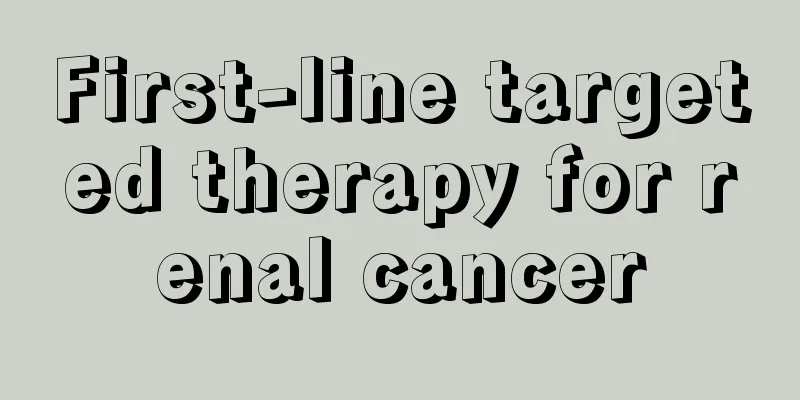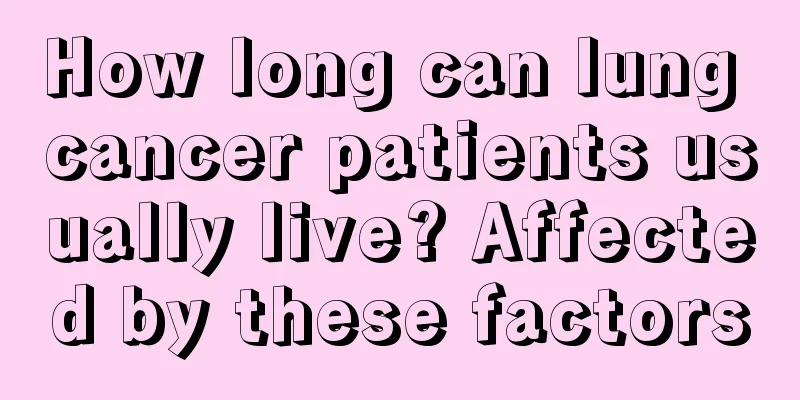First-line targeted therapy for renal cancer

|
Kidney cancer, also known as renal cell carcinoma (RCC), accounts for about 2% of all tumors in the body and 90% of renal malignant tumors, of which 85% are clear cell carcinomas. The incidence of kidney cancer is increasing at a rate of 2% per year, and approximately 208,000 people are diagnosed with kidney cancer each year worldwide. Most kidney cancer patients are treated with surgery, but more than 50% of patients have metastasis or recurrence after surgery at the time of diagnosis. In 2005, the number of deaths from metastatic renal cell carcinoma (mRCC) in the United States exceeded 12,000. The average survival time of patients with metastatic renal cell carcinoma is 13 months. Systemic treatments have a very limited role in progressive renal cell carcinoma. Renal cell carcinoma is extremely insensitive to chemotherapy. Immunotherapy based on IL-2 or interferon has a certain activity against mRCC, but its total clinical benefit is less than 10%, and it will also produce a large toxic effect. Therefore, it is urgent to develop new drugs that are effective and tolerable for advanced renal cell carcinoma. Molecular biological research on renal cell carcinoma has given us a further understanding of the occurrence and development mechanism of renal cell carcinoma, such as the upregulation of tumor angiogenesis factors such as angiogenic factor (VEGF) and platelet-derived growth factor (PDGF). These factors are closely related to the activation of the hypoxia response pathway caused by the mutation of the VHL (Von-Hippel-Lindau) tumor suppressor gene, as well as the activation of the epidermal growth factor (EGFR) and mTOR signaling pathways, which are closely related to the survival and proliferation of tumor cells, among which the role of hypoxia-inducible factor (HIF) is particularly prominent. A series of molecular targeted drugs have been developed targeting these molecular pathways. This article intends to review these drugs. |
<<: Early Ultrasound Diagnosis of Renal Cancer
>>: What are the new targeted drugs for kidney cancer
Recommend
How long can a brain cancer patient live?
How long can you live with brain cancer? This is ...
Are all pancreatic tumors cancerous? Not necessarily
Are all tumors on the pancreas cancer? Cancer tha...
The most prominent symptom of laryngeal cancer is usually hoarseness
The most prominent symptom of laryngeal cancer is...
Which is better, handmade soap or facial cleanser
During the production process of hand soap, becau...
The difference between Jiafan wine and Huadiao wine
Jiafan wine is a type of Shaoxing rice wine, whic...
Intestinal infarction symptoms and treatment methods
When intestinal infarction occurs, it is often ac...
Common methods to prevent bone cancer
What are the common methods for preventing bone c...
Is it possible to get pregnant even if the hymen is not broken? How does it happen?
It is not uncommon in medicine for pregnancy to o...
What fruits can’t be eaten at the same time?
It is autumn now, and many fruits have been avail...
Various preventive measures for uterine cancer
Uterine cancer is the second most common cancer t...
How is honey produced
Honey is not artificially blended. Artificially b...
How long after getting a face-lift injection can I put on makeup?
In order to make themselves have a small face, ma...
What to use to remove scale
After people use an electric kettle to boil water...
Common treatment principles for prostate cancer
What are the common treatment principles for pros...
Will wisdom teeth cause swollen and painful gums?
Although many people have wisdom teeth, not every...









